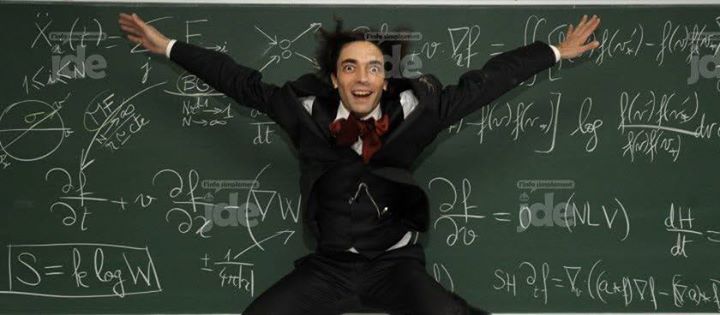Righty lefty: to be skilled in mathematics?
There is controversy surrounding the topic of handedness and the ability to do well in mathematics.
Some studies demonstrated that left-handed individuals are gifted for umbers while it’s also been shown that right-handed individuals aren’t so great at math!
More recently, a study demonstrated that ambidextrous individuals were the ones who were the most disadvantaged when it came to performing in mathematics.
In 2016, researchers from Liverpool University found that, when children were well lateralized, they actually did not do so well in math.
That being said, in teenagers, being well lateralized was actually beneficial for performing in mathematics.
To be lateralized means you are developing one side of your body more than the other one for purposes of fine motor skills.
This is well known to cognitive neuroscientists: lateralization is a process that takes place between 0-7 years old. If this lateralization develops too early, fundamental stages of brain development can be compromised, which could play against performing in mathematics.
When the stages of brain development are respected, we have a tendency to stimulate and develop the brain optimally, allowing it to perform complex tasks more easily, whether it be mathematics or any other cognitive task.
In conclusion, in the context of Posturology, the goal is to refine this development for motor gains. It would be normal to expect cognitive gains from a methodology that targets areas of the brain that are responsible for both motor contributions and learning.


Leave a Reply